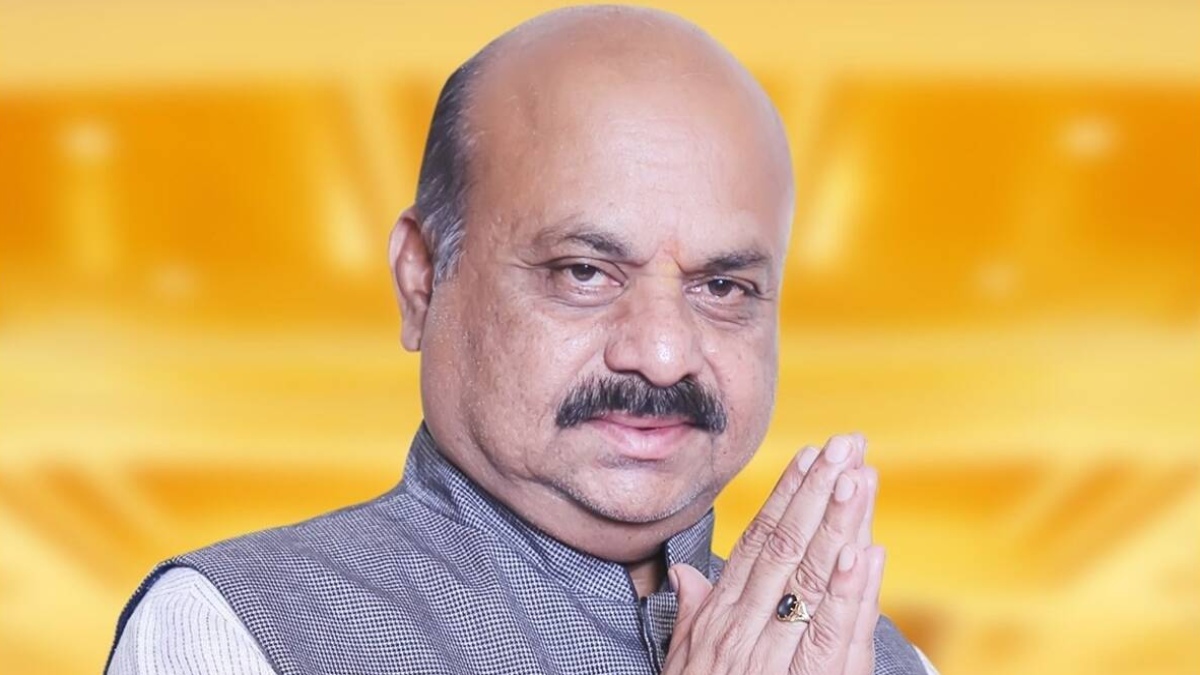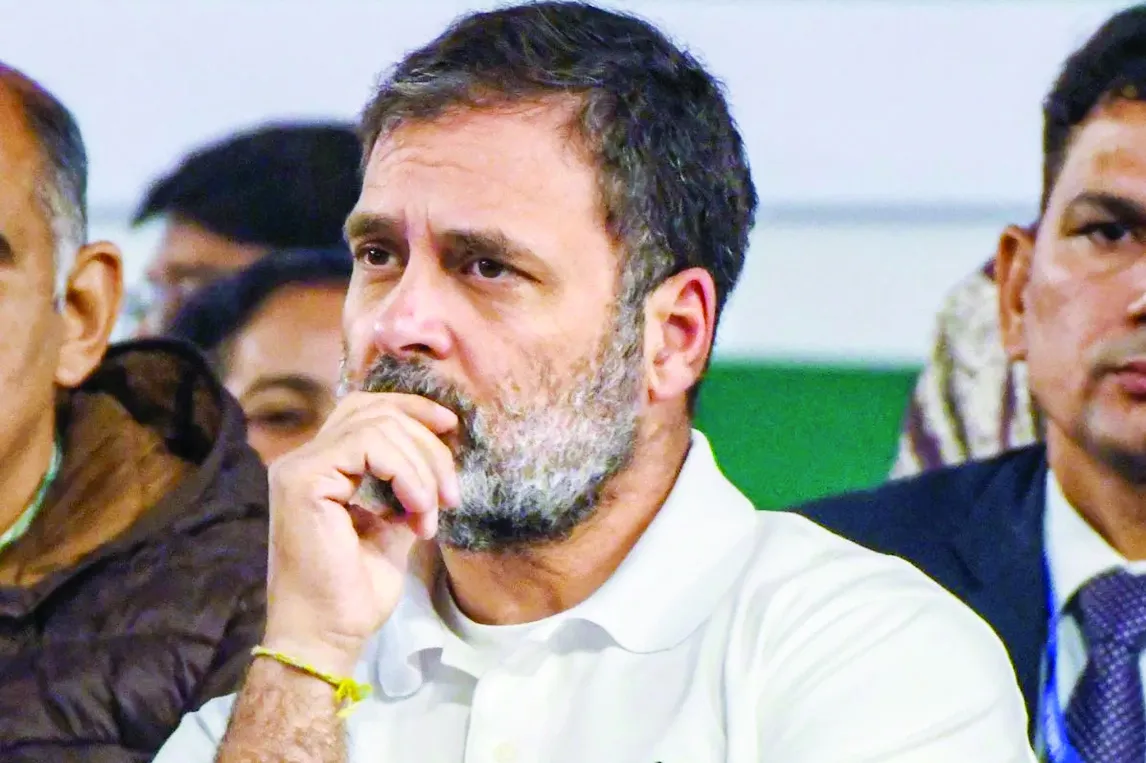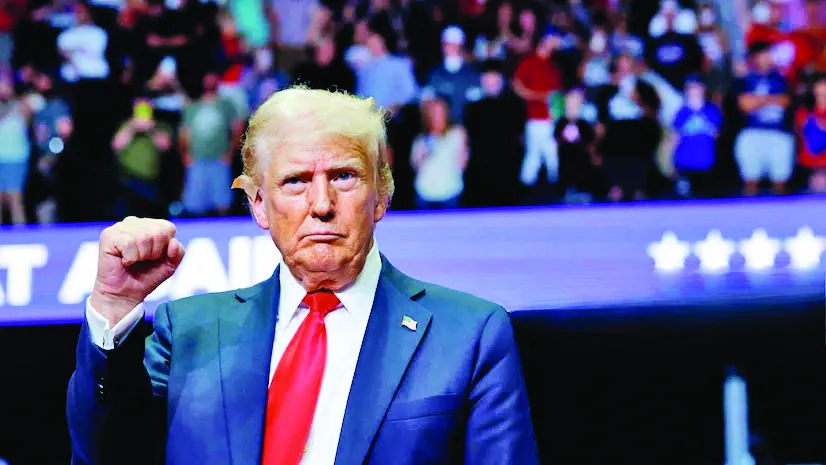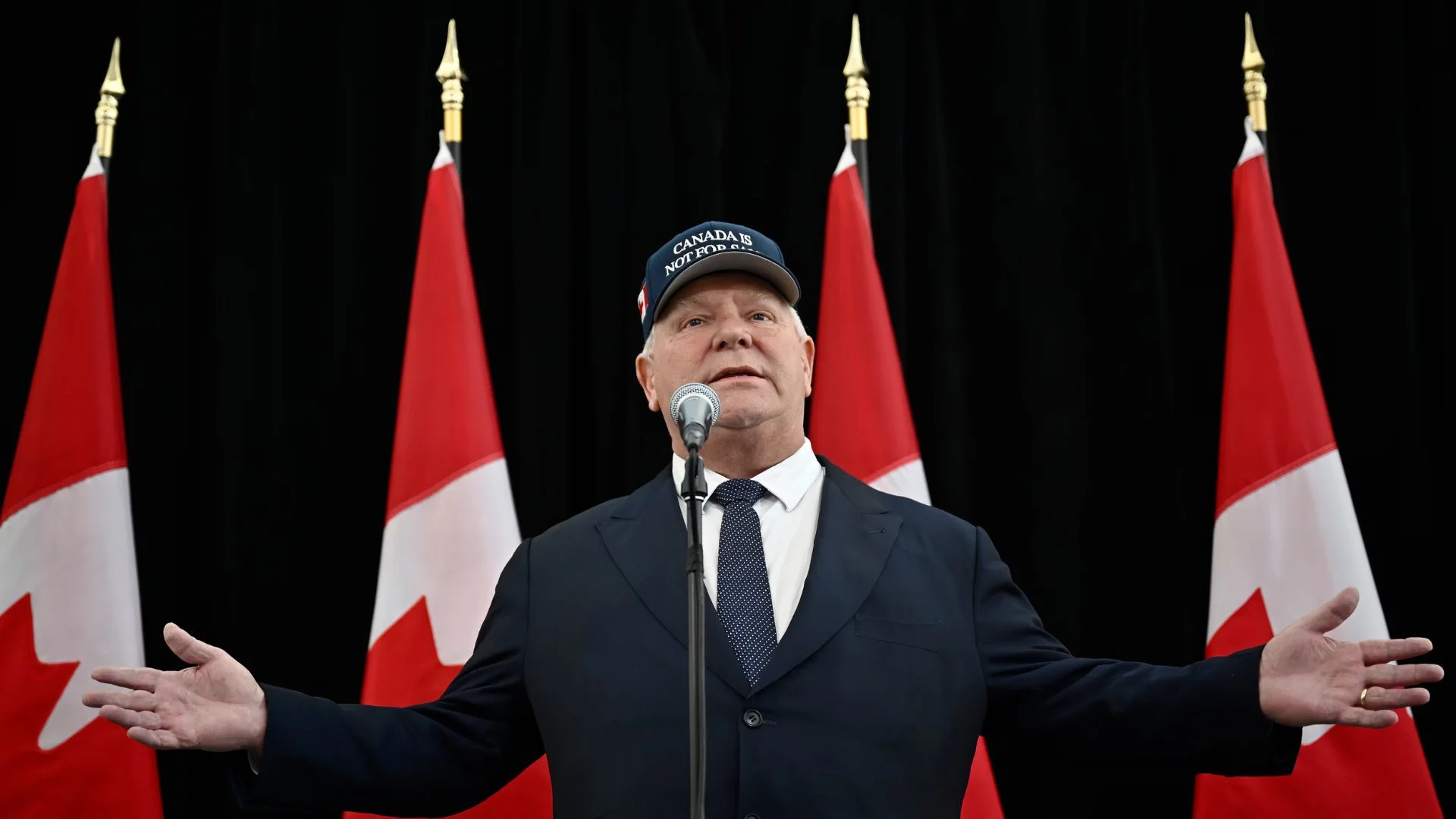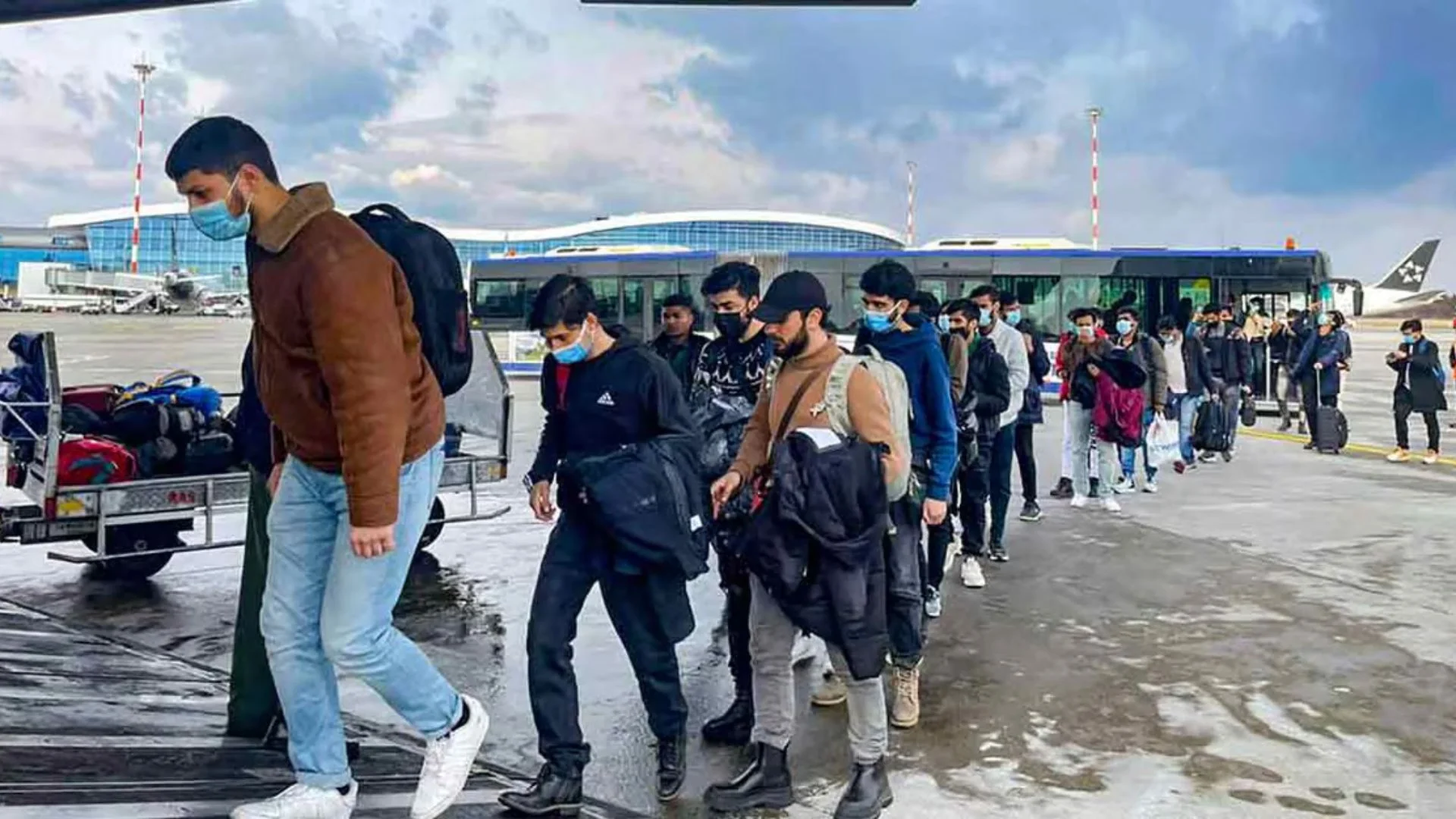Fringe right-wing groups appear to have taken it upon themselves to set a divisive agenda in Karnataka which in the long run is going to hurt the prosperous South Indian State and also its communal harmony. This is obviously happening since the government headed by Basavaraj Bommai, considered by his own party men also as a weak Chief Minister, installed primarily to placate his mentor, B.S.Yeddyurappa, has been unable to rein in the elements wanting to create trouble. After the totally avoidable Hijab controversy, certain right-wing individuals have been protesting against the presence of Muslim traders in the temple festivals and have banned them from selling their products there. Their contention is that those who do not believe in religion should not be making money by doing their business there. On a larger note, it needs to be understood that many of the offerings made at many famous Hindu temples all over the country have items that are hand-made by Muslim artisans. This has been going on for centuries. It is equally true that there are many temples in India and Nepal, which do not permit non-believers to enter their precincts.
The famous Pashupatinath Temple in Kathmandu is amongst them and it is said that when Rajiv Gandhi had visited Nepal, his wife, Sonia Gandhi, now the interim president of the Congress, was not permitted to go inside because she was from a different faith. However, the latest row that has been kicked up in Karnataka and seems to infringe both the constitution and disrupt the law and order situation, is regarding the consumption and selling of Halal meat. A couple of days ago, a Halal meat seller and a restaurant owner were attacked by Bajrang Dal activists who asked them to close their establishments. The right-wingers were demanding that Jhatka meat should also be sold. The issue here is that no one has forced anyone to buy or consume Halal products but if people want to have them, it is their individual choice. Muslims all over the world only take Halal products but there is no such compulsion for anybody else. Therefore, the demand would have appeared more rational had it been said that Jhatka meat should also be available at outlets that wish to dispense it. The reason why airlines and many restaurants all over the globe sell Halal meat is because of the demand. If any airline as per its policy is providing only Halal meat in its non-vegetarian section, it cannot be forced to also offer other choices. These things often depend on business calculations and not on religious ones. India is amongst the largest exporters of meat to the West Asian countries in particular where only Halal products are consumed. Therefore, if Halal production is stopped, it shall also affect our exports and overall foreign exchange that is earned by our country.
Even within the country going by the overall demand of meat, the majority of consumers of Halal products are non-Muslims. Therefore, it would be very unfortunate that in order to promote a certain brand of politics and a divisive agenda, food products should be brought in. This is also true that with the increase in the number of non-vegetarians in India, the sale of meat has also increased. Hindu Fringe groups often see the outlets selling Moradabad or Hyderabadi Biryani in many North Indian cities as an attempt to influence new meat eaters.
At one time, most of Haryana used to be strictly vegetarian and some of its most celebrated sportspersons performed exceptionally well on the international stage. Now, there has been a transformation in the state as in many other provinces so far as eating habits go. Politics is fine and should be pursued but not at the cost of disrupting communal harmony or getting into the kitchens of individuals. Food is a matter of choice as per our constitution and not an element of government policy. In Karnataka in particular, the BJP should improve its governance if it has to retain power in next year’s Assembly polls and not allow fringe groups to set the political narrative.

